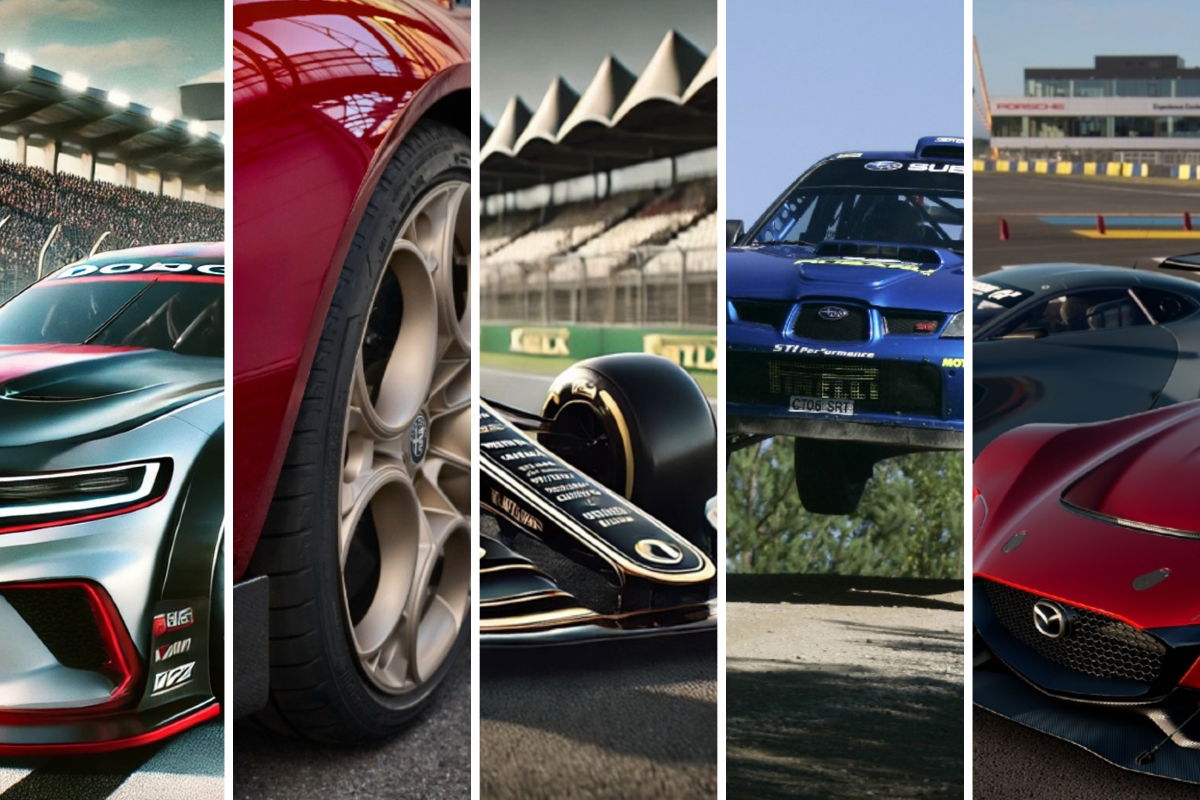
‘Win on Sunday, Sell on Monday’ – it’s the foundation on which motor racing is built.
Without a car industry, there’d be no cars to race, and without racing it would be a lot harder to make cars appealing to customers. The old mantra of ‘motor racing improves the breed’ still rings true today, even if the development flow between the two sides has slowed.
Just look at how many brands have major, global motorsports programs in 2025, from Audi to Toyota and dozens in between across numerous racing categories, from Formula 1 to NASCAR.
But there are still many more brands that we believe should be jumping back into the racing circuit. Here are our five favourites and the category we think best suits the marketing and technical strengths of each brand.
Lotus – Formula 1
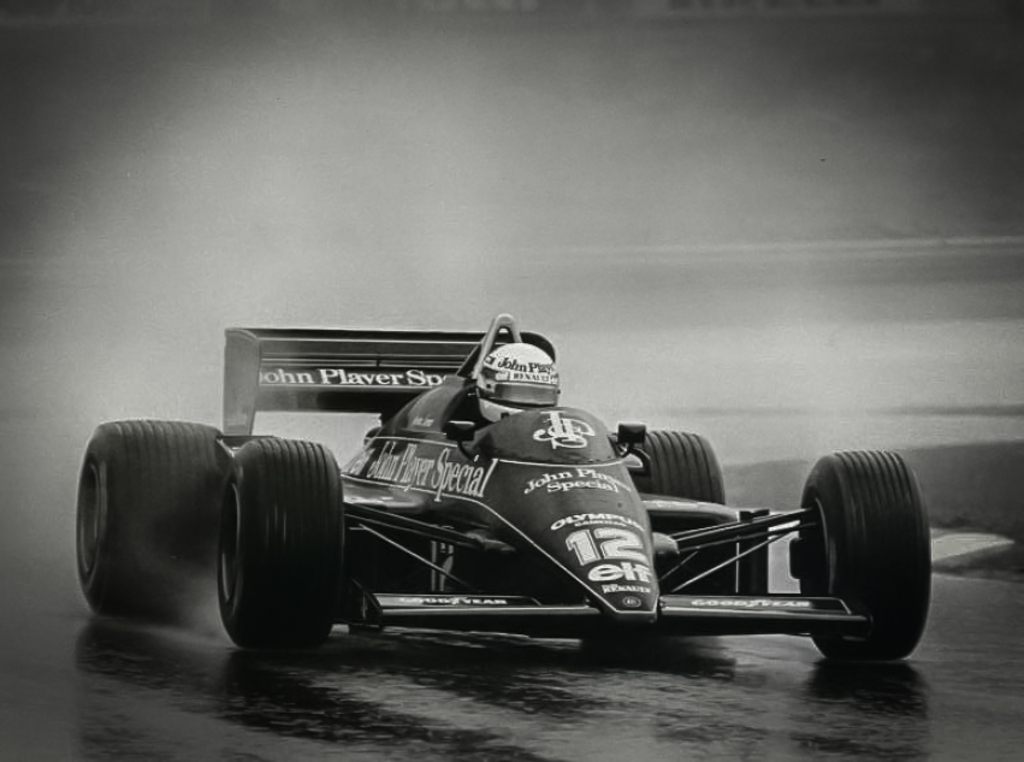
The Chinese car industry is on the rise around the world, especially in Australia, but so far it has largely ignored motorsport. Given the current popularity boom of Formula 1 it feels more like a matter of when, rather than if, one of the Chinese brands will take the plunge.
While there are plenty of brands to choose from, even some with a racing heritage (MG), there is one clear and obvious candidate – Lotus. The formerly British brand was once a rival to Ferrari on and off the racetrack but has given up on racing since coming under the control of Geely.
However, Lotus has plans to grow and expand its line-up to become a genuine rival to Porsche and other luxury brands, so heading back to the F1 circuit would be the perfect way to re-establish itself on the world stage.
Subaru – WRC
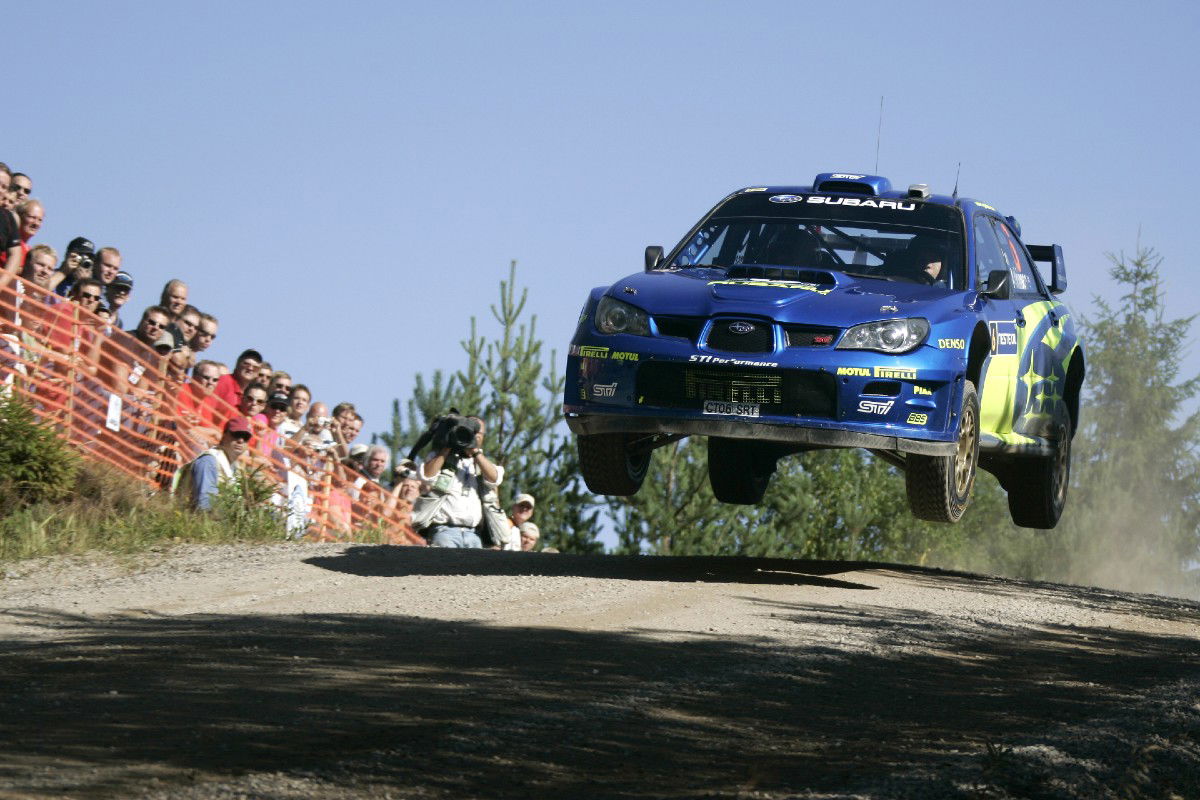
I have a tendency to cringe when I hear the current Subaru WRX referred to as ‘rally-bred’ because it feels a bit like me calling myself an ‘engineer’ because that’s what my granddad did. It’s been three-generations since Subaru last competed in the World Rally Championship, and since then there has been no true factory-backed rallying efforts, only domestic programs in mostly production-class models (although Molly Taylor did win the 2016 Australian Rally Championship outright).
But since the end of the 2008 WRC, the brand has been absent and shows no sign of returning. Which, to be blunt, sucks. Subaru became intrinsically linked to rallying, first with the Legacy and then the Impreza WRX. Heck, the ‘WRX’ name stands for ‘World Rally Experimental’ – so the fact that every WRX model since 2015 has zero World Rally heritage is extremely disappointing.
The WRC is looking for manufacturers to join Toyota, Hyundai and Ford and we can think of none better to join the series (ASAP) than Subaru.
Mazda – Super GT
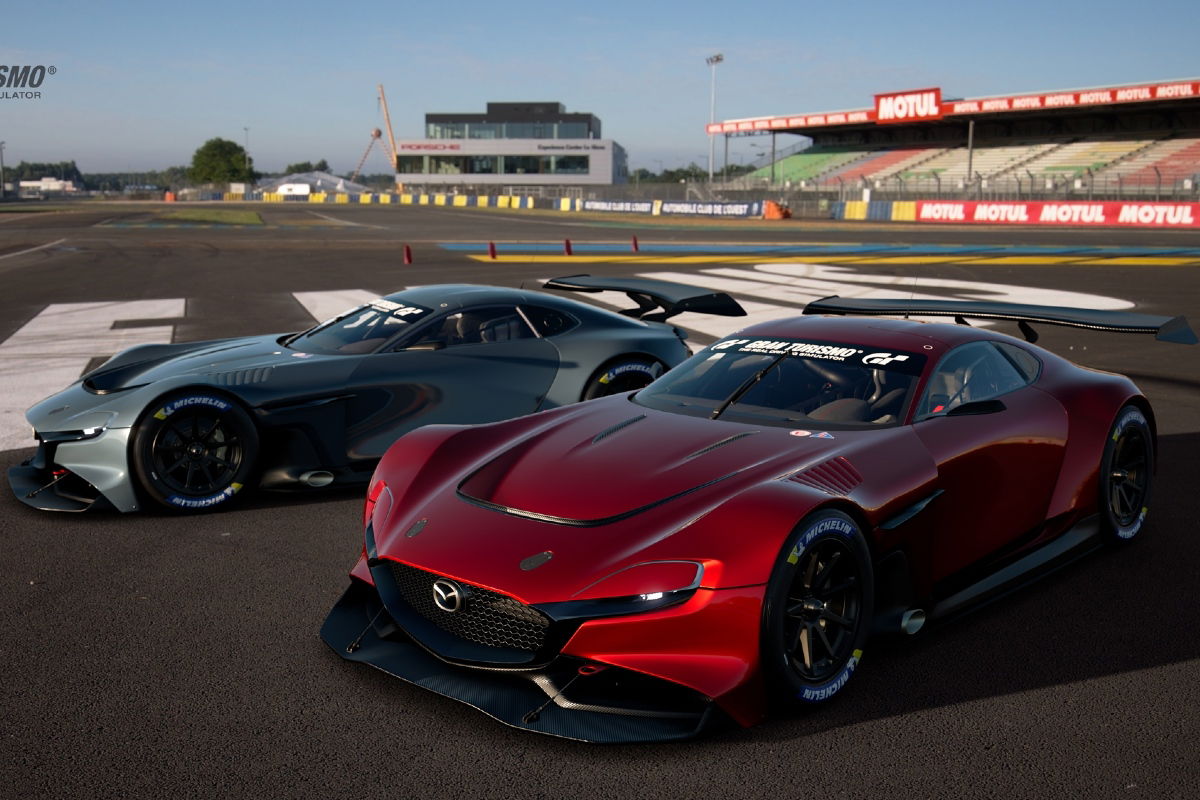
In May 2020 Mazda gave us a vision of an alternative reality where it stopped talking and teasing the potential revival of the RX-7 and actually did it – and then turned it into a race car. I’m referring to the RX-Vision GT3 concept created for the Gran Turismo video game, a virtual racing car that looks as good as any real racing car to grace the world’s tracks.
I don’t even care if they bring back the RX-7 or not anymore, my rotary-loving heart can’t take the relentless hints and innuendo from Mazda executives. But, for the love of all that is good, they should build this racing concept for a real racing series.
And it shouldn’t be GT3, as the concept intended, because that relies on a production car. Instead, Mazda should dive into the wonderful world of Japan’s Super GT series, which has demonstrated in the past a willingness to bend rules to cater to the local car makers (cough, rear-wheel drive Honda Civic Type R, cough).
Alfa Romeo – WEC
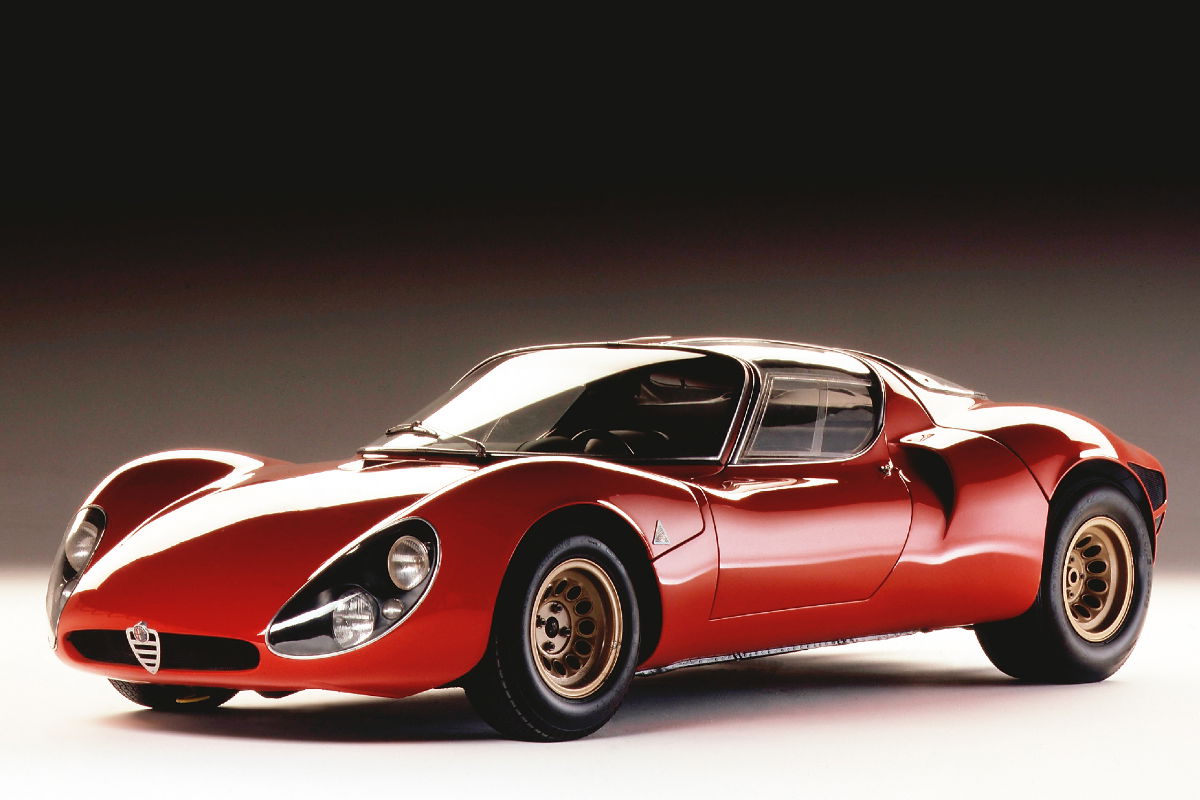
If there is one brand steeped in racing lore more than any other it’s Ferrari… but there wouldn’t be a Ferrari without Alfa Romeo. Enzo got his start with the Italian brand in the 1920s, but Alfa Romeo had been racing longer than that – almost since the day it began.
It has raced in almost every category over the years – F1, Indycar, BTCC, DTM and so on – but since the end of its naming-rights deal with Sauber it has been at a loose end. Which is why I believe a move into the booming World Endurance Championship (and the US IMSA series) with an LMDh or Hypercar entry makes perfect sense for the brand.
While it has a long grand prix and touring car legacy, it also has an illustrious past in sportscar racing, including four outright victories at the 24 Hours of Le Mans (that’s equal with Ford and more than Peugeot, Bugatti, Aston Martin and more).
Sure, it’s part of the Stellantis group with Peugeot (which already has a Hypercar entry) but the brand has never seemingly had an issue with its brands competing against each other. Heck, maybe Alfa Romeo could borrow the Peugeot 90X’s V6 engine to save costs – it’s a win-win!
Dodge – NASCAR
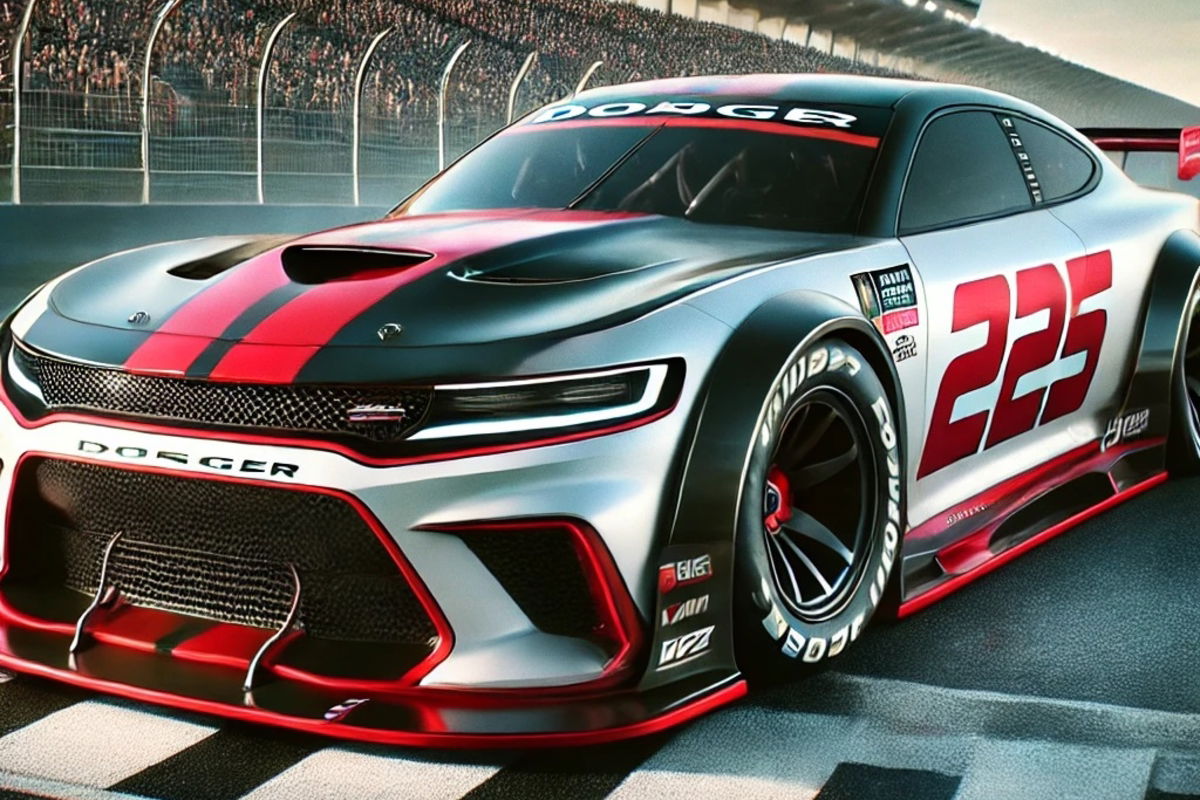
For anyone who grew up with NASCAR the fact Dodge is no longer involved with the sport still feels odd. After all, it’s still one of the ‘Detroit Big Three’ along with Chevrolet and Ford and has a very long and successful history in NASCAR racing.
But ever since Penske Racing made its switch to Ford at the end of the 2012 season, it has been left to Toyota to take on the Bow Tie and the Blue Oval. There have been rumours of a return for years, but given the perilous state of Dodge and parent company, also Stellantis, the timing has never been right.
Or perhaps that’s part of the problem? Dodge remains a brand firmly rooted in American muscle cars, even backflipping on its plans to invent an ‘electric muscle car’ and sticking with internal combustion, so not racing against the Chevy Camaro and Ford Mustang in NASCAR is giving the competition a free kick.
Hopefully Dodge can get back on track, both metaphorically and literally, in the not-too-distant future.











Discussion about this post